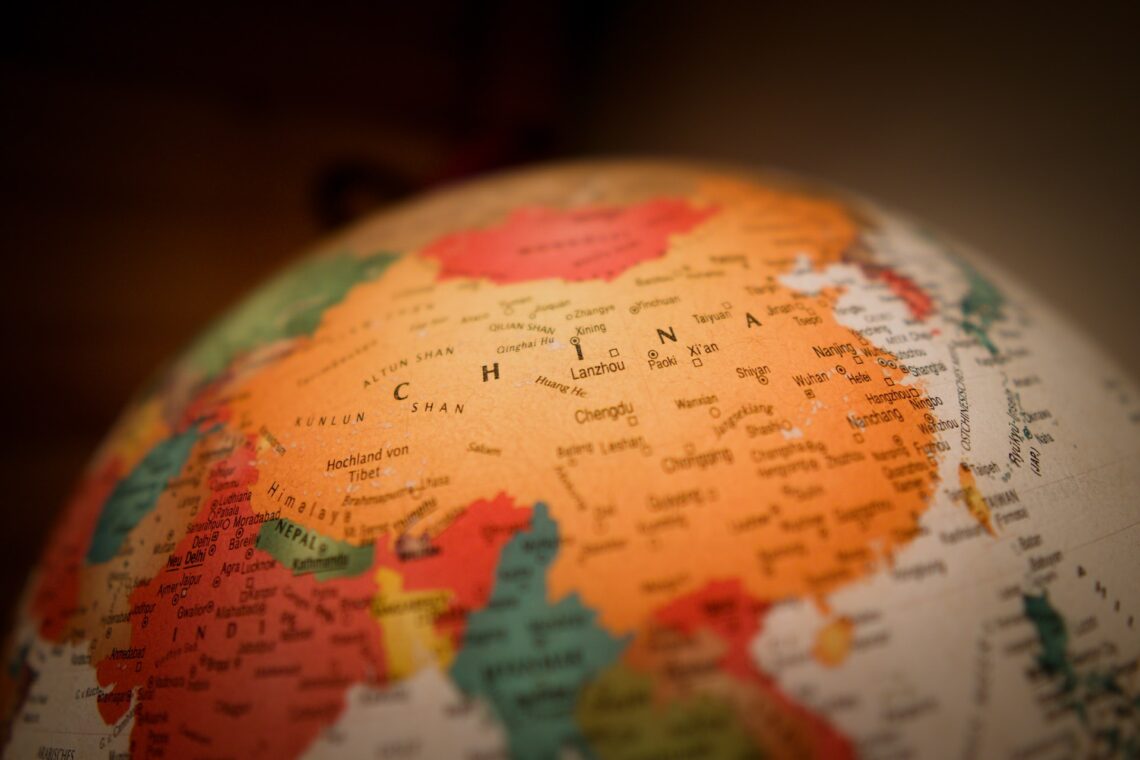In a significant move, China’s Cyberspace Administration has unveiled a fresh set of guidelines aimed at regulating the use of generative artificial intelligence (AI) products such as ChatGPT. These guidelines, set to take effect on August 15th, position China as one of the pioneering nations to take measures in controlling artificial intelligence.
Earlier in April, Chinese regulators had already introduced rules to govern the development of generative AI products. However, the newly announced guidelines, referred to as the “Interim Measures,” appear to have moderated certain provisions that had been put forth previously.
The scope of the guidelines are limited to AI products and services that are generally available within China. Technologies that are still under development or used exclusively outside the country will not be subject to these regulations, thereby granting researchers the freedom to develop such technologies albeit with certain limitations.
The Cyberspace Administration of China acknowledges that while AI serves as a stepping stone for social and economic progress, it has also led to the dissemination of misinformation. Therefore, the introduction of these guidelines aims at mitigating the negative impacts associated with AI usage. The official report announcing the guidelines emphasizes the country’s support for the creative utilization of AI across all sectors and the development of trustworthy and secure AI products, tools, and software.
AI companies to register their algorithms with regulatory authorities
Under the new guidelines, every AI company will need to register its algorithms with the authorities. Chinese tech giants such as JD, Baidu, and Alibaba, whose AI products are currently in development or undergoing testing, will also be subject to these regulations.
Striking a balance between security and development, China appears to be leading the race in setting boundaries for AI. According to US Senator Mark Warner, China has established a significant advantage in this field. As the guidelines await implementation, AI companies in China have delayed the release of certain generative AI products to the general public.
However, there are concerns regarding the potential stifling of innovation in AI due to China’s new guidelines. Critics argue that Chinese regulators’ monitoring of internet usage within the country, particularly on social media platforms, raises questions. In response, regulators have emphasized the importance of separating development and security, expressing their commitment to safeguarding citizens against potential harm associated with artificial intelligence.
Monitoring and enforcement of these guidelines will be the responsibility of seven key national departments, including the Ministry of Education.
Photo credit: Christian Lue







